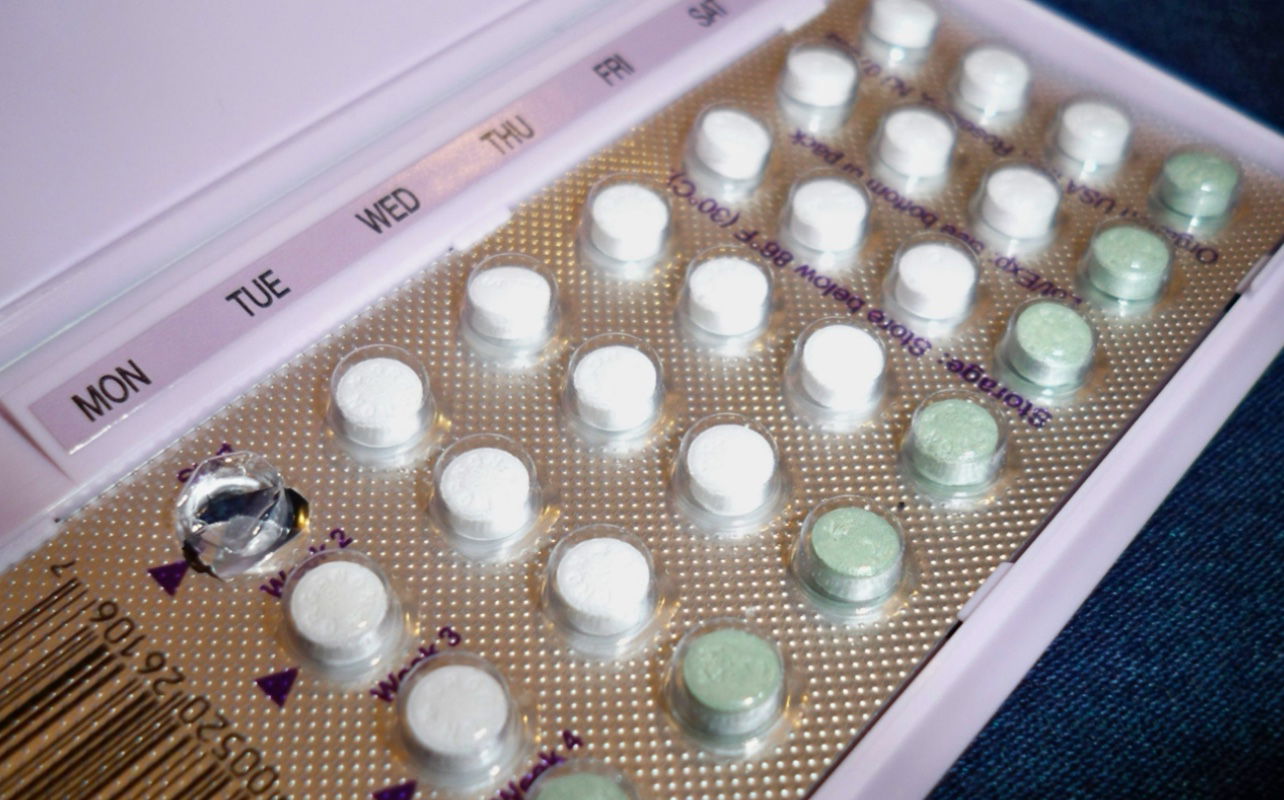
March 5, 2024
Opill Heads To Retail Pharmacies, First Ever Over-The-Counter Contraceptive
Opill, the first non-prescription or over the counter contraception pill is finally heading to retail pharmacies, nearly a year after FDA approval.
The FDA approved Opill as the first nonprescription or over-the-counter contraception pill in 2023, and almost a year after its approval, it is now heading to retail pharmacies.
Walgreens and CVS have already declared their intentions to carry the product; to that end, CVS spokesperson Matt Blanchette stated via email to CNN on March 1.
“Opill will be available at CVS.com and through the CVS Pharmacy app in late March,” Blanchette wrote. “In early April, more than 7,500 CVS Pharmacy stores will offer Opill, and for added privacy and convenience, customers can choose same-day delivery or buy online and pick up in-store.”
As NPR reported, the drug’s journey to shelves actually started about nine years ago but recently picked up steam. According to Trina Schmelter, executive vice president and president of consumer self-care at Perrigo, the pharmaceutical company that manufactures the drug, “We have been working on it for nine years and got approval in July 2023 from the FDA to move forward. And it’s been kind of full-steam ahead since that day.”
According to the FDA and experts like Dr. Sarah Prager, a professor of obstetrics and gynecology at the University of Washington School of Medicine, the pill is safe and effective. Prager told NPR in 2023, “The progestin-only pill has an extremely high safety profile, and virtually no one can have a health concern using a progestin-only pill.”
The FDA, meanwhile, said in its press release announcing its approval of the drug, “For approval of a product for use in the nonprescription setting, the FDA requires that the applicant demonstrate that the product can be used by consumers safely and effectively, relying only on the nonprescription drug labeling without any assistance from a health care professional.”
The FDA continued, “Studies showed that consumer understanding of information on the Opill Drug Facts label was high overall and that a high proportion of consumers understood the label instructions, supporting their ability to properly use the drug when it is available as an over-the-counter product. When properly used, Opill is safe and effective.”
As CNN reports, the pill will be reasonably priced; Perrigo’s suggested retail price is $19.99 for a one-month supply, while a three-month supply will cost 49.99, roughly the same as one package of the popular Plan B pill.
On March 4, the company announced that the pill would be available for pre-order from select retailers and Opill.com and would arrive at major retail pharmacies the week of March 8. Schmelter told CNN that the pill would be available to order online almost immediately but cautioned that it could take a few weeks to arrive in stores.
“From an online perspective, it should be available for order pretty much immediately.” Schmelter continued, “I expect it’s going to take a few weeks for it to get through the distribution pipeline, of us shipping to retailers’ distribution facilities and then them shipping to their stores.” Regarding the product’s location, Schmelter said “Consumers will find it in the family planning section in most retailers and should be able to pick it up at their convenience.”
Though the price is reasonable, Free the Pill, a group concerned with contraception pill accessibility, sent a letter to Perrigo to call for the company to lower the cost of its drug to $15 for a three-month supply. In the letter, Free the Pill cited the affordability of contraception as a marker of racism in America.
“Perrigo’s and retailers’ decision to price Opill affordably can help to combat contraceptive inequities— rooted in systemic racism and other forms of oppression—that already persist across the United States.”
The letter continued, “As a result of these inequities, the communities that currently face the highest barriers to accessing contraception are often the same communities for whom a high retail price would put Opill out of reach altogether. Studies show that cost barriers disproportionately impact Black, Indigenous, Latina/x, Asian American Native Hawaiian, and Pacific Islander communities.”
RELATED CONTENT: Male Birth Control Shot Reportedly Passes Clinical Trials